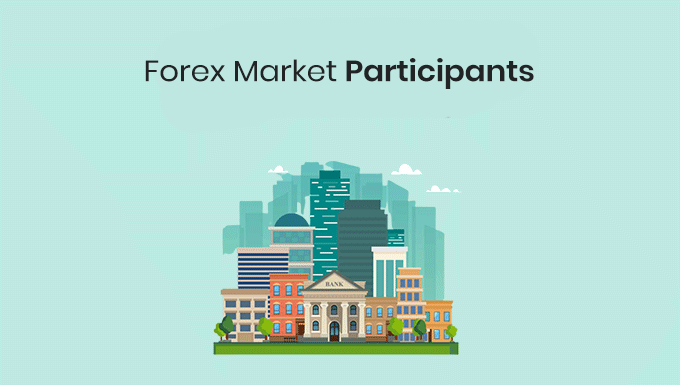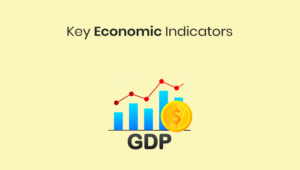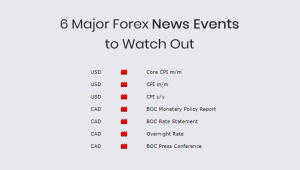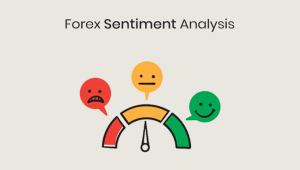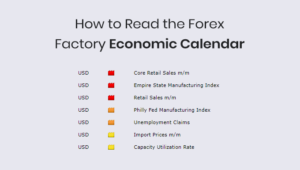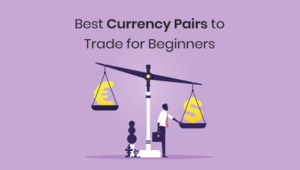The forex market consists of major market participants that keep it functional. The goals of each participant can be very different from one another.
Central banks, global investment banks, international corporations that finance cross-border investments, Fund Managers, and retail traders are some of the most important players in the market.
In this short article, you will find out how these market participants are involved in forex trading and why.
1. Central Banks
The central bank is responsible for the monetary policy of the respective country or monetary union. This includes setting the key interest rate but also managing currency reserves.
The central banks have large currency reserves in their national currency and are important trading partners. Also, when central banks use monetary policy, such as raising or lowering short-term interest rates, to steer domestic economic output, this has an immediate and strong effect on currency prices.
2. Global Forex Banks
Only a few global investment banks (e.g., Deutsche Bank, JP Morgan, HSBC, Global Sachs, Credit Suisse, etc.) are heavily involved in the Forex market. These banks work with central banks, large corporations, and fund managers. These banks offer prices for large foreign exchange trades, economic and market analysis, and advice on how to execute and settle trades in major and emerging markets around the world.
3. International Companies
Companies that operate internationally are important participants in the forex market. For example, if Atlanta-based Coca-Cola were to sell a product in the UK, they would trade pounds for dollars on the forex market to ship it back to the United States.
If you do a quick search of how many international companies there are in the world that need to exchange currencies regularly to pay bills or pay employees working abroad, you can get a good idea about the size of the forex market.
4. Fund Managers
Most fund managers are actively involved in trading forex. They have access to the market where they can buy the foreign currency they need to finance cross-border investments.
For example, buying stocks in Tokyo requires a US-based investment manager to have the correct amount of Japanese yen in an account to process the stock transaction.
Depending on the perspective, the fund manager may seek to hedge the currency risk that comes with holding an overseas investment. The manager would enter into a swap or forward forex trade to hedge the current USD/JPY rate going forward. Some fund managers, notably hedge funds, are also very active speculators in the foreign exchange markets, as are individual traders.
5. Retail Traders
Retail traders are individuals who trade their own money in order to make profits as consistently as possible. In recent years, there has been a rapid growth of retail traders in the forex market.
The Internet and digitization have ensured that access to the forex market has become very easy and transparent for private investors. The growth rates are huge, but it is known that only about 10% of traders are consistently successful. This means that retail traders don’t have much success.
In order to survive in the forex market, you need to know which market participants are involved, with what intention, and when they usually appear.
